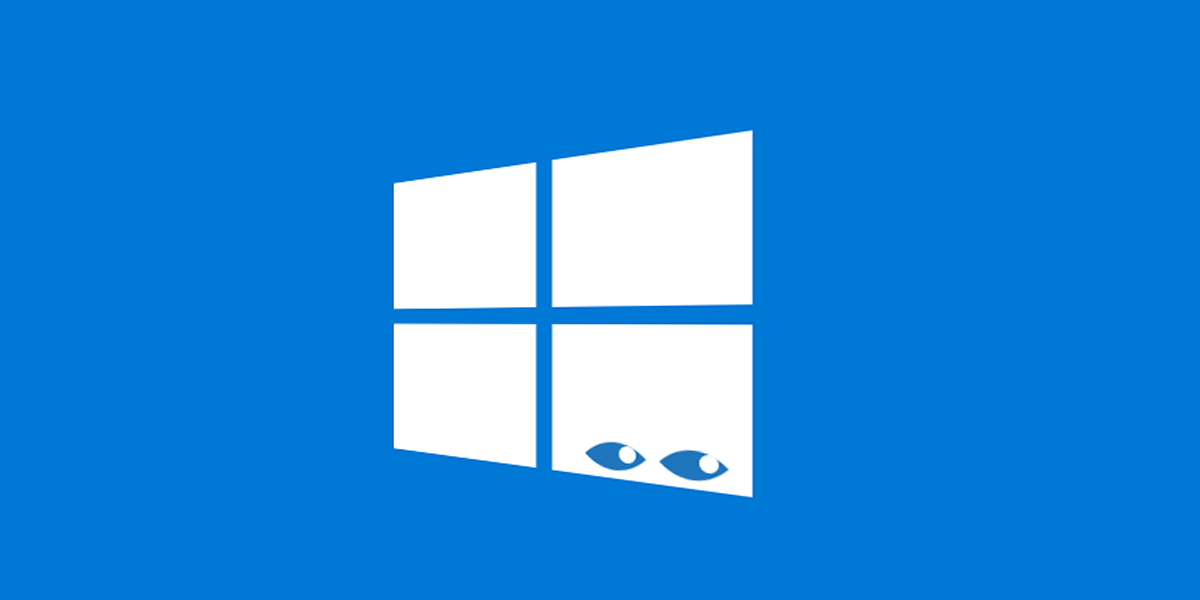EFF rips into Microsoft and Windows 10 for 'blatantly disregarding user choice and privacy'

Two months ago, we reported on a Change.org petition that had been set up to persuade the EFF (Electronic Frontier Foundation) to investigate Microsoft for "malicious practices regarding Windows 10".
That petition picked up close to 6,000 signatures, and today the EFF responds with a deep dive into Microsoft’s sneaky tactics and Windows 10’s spying, and its take on things is pretty damning. According to the EFF, Microsoft’s strategy for user adoption has "trampled on essential aspects of modern computing: user choice and privacy" and, naturally, the privacy-focused organization thinks that’s wrong.
Discussing how Microsoft disregarded user choice, the EFF writes:
The tactics Microsoft employed to get users of earlier versions of Windows to upgrade to Windows 10 went from annoying to downright malicious. Some highlights: Microsoft installed an app in users’ system trays advertising the free upgrade to Windows 10. The app couldn’t be easily hidden or removed, but some enterprising users figured out a way. Then, the company kept changing the app and bundling it into various security patches, creating a cat-and-mouse game to uninstall it.
Eventually, Microsoft started pushing Windows 10 via its Windows Update system. It started off by pre-selecting the download for users and downloading it on their machines. Not satisfied, the company eventually made Windows 10 a recommended update so users receiving critical security updates were now also downloading an entirely new operating system onto their machines without their knowledge. Microsoft even rolled in the Windows 10 ad as part of an Internet Explorer security patch. Suffice to say, this is not the standard when it comes to security updates, and isn’t how most users expect them to work. When installing security updates, users expect to patch their existing operating system, and not see an advertisement or find out that they have downloaded an entirely new operating system in the process.
In May 2016, in an action designed in a way we think was highly deceptive, Microsoft actually changed the expected behavior of a dialog window, a user interface element that’s been around and acted the same way since the birth of the modern desktop. Specifically, when prompted with a Windows 10 update, if the user chose to decline it by hitting the 'X' in the upper right hand corner, Microsoft interpreted that as consent to download Windows 10.
Time after time, with each update, Microsoft chose to employ questionable tactics to cause users to download a piece of software that many didn’t want. What users actually wanted didn’t seem to matter.
Of course, it’s not just Microsoft’s aggressive and sneaky upgrade tactics that got users angry, the new operating system spying on users also caused upset. The EFF looked into this, and inevitably was far from impressed. In particular it singles out something that hasn’t been widely reported on, but which is actually rather shocking:
Microsoft has tried to explain this lack of choice by saying that Windows Update won’t function properly on copies of the operating system with telemetry reporting turned to its lowest level. In other words, Microsoft is claiming that giving ordinary users more privacy by letting them turn telemetry reporting down to its lowest level would risk their security since they would no longer get security updates.
So what does EFF suggest going forward? That Microsoft needs to come clean, acknowledge its mistakes and allow an easy way -- preferably on a single screen -- for users to opt out of Windows 10’s spying.
Otherwise, the Eff says, "Microsoft may find that it has inadvertently discovered just how far it can push its users before they abandon a once-trusted company for a better, more privacy-protective solution".
Image credit: EFF